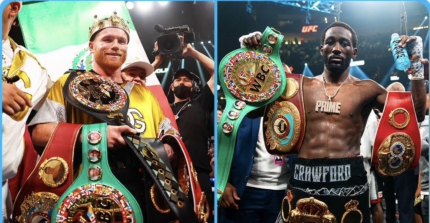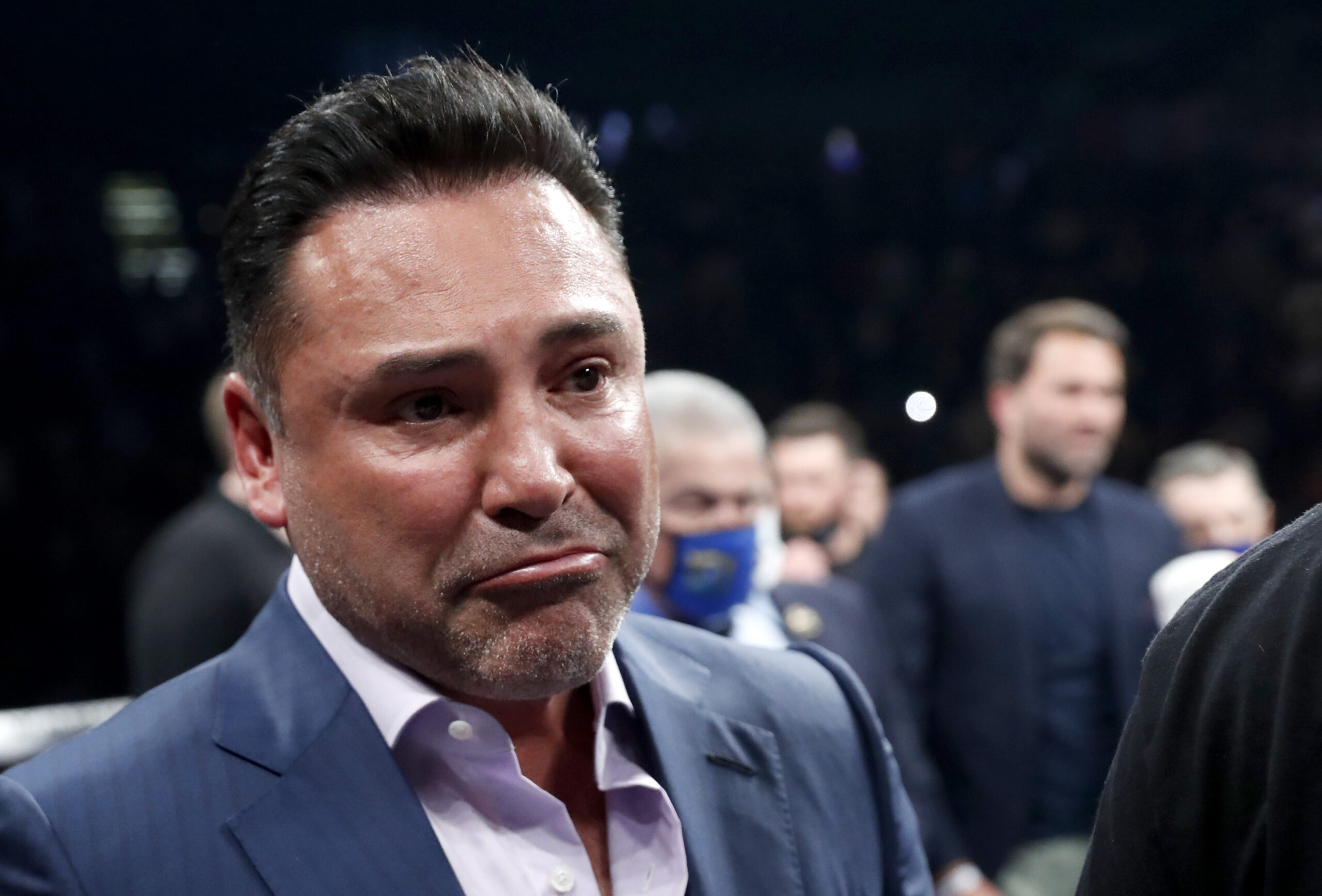Bernard Hopkins is serious about prison reform.
The former two-division and undisputed middleweight world champion is a survivor of the Pennsylvania penal system and its most famous success story.
Now with all eyes on the controversial story of Brian Banks, the football player that went to prison unjustly for an alleged sexual assault, Hopkins’ prison advocacy takes the spotlight.
“It’s not going to be an easy fix,” said Hopkins exclusively to TSL. “It’s not going to be overnight but things are moving fast because it’s the people but also it’s the right people that are in power to make these things happen.”
Hopkins told TSL back in January 2019 about his work with Philadelphia rapper Meek Mill and more towards Pennsylvania penal reform. The news came on the heels of the early 2019 announcement of the REFORM Alliance, an advocacy group led by JAY-Z, Meek Mill, and sports entertainment and business figures.
“It is a popular thing to talk about reform. In some cases for press or the balance of how people feel about what’s going on in government. I mean an inmate got pardoned by the President of the United States. Okay, that’s the top of the land of this country.
“Now let’s work our way back into the bile of the cities in America that have a lot of big issues that don’t get the news cameras, the interviews, the commercials, and media attention. We know that. Everybody’s not going to get saved by the reform act. I believe that to reform, a person has to be ready to be reformed.”
A Passion Birthed Through Fire
As a teen, Hopkins was sentenced to Graterford Prison in Montgomery County, Pennsylvania. He was released in 1988 and utilized the sport of boxing and Islam to advance his life and never return back. The warden told him upon release that he would wind up back in there and Hopkins famously replied he was never coming back.
He stuck to his word and became a legendary athlete and one of the most successful boxing promoters in history.
“The replacement of warehousing human beings for their acts, which is punishment by some, and to profit. The business side of it has a lot to do with how much are we going to adjust these biased racist laws that’s been there on this earth. We still have a long fight and its a fight that’s not for the present but for the future.
“Somebody out there will have a child, female or male, that they need to keep these penitentiaries for. It’s ridiculous man. The laws support the business of mass incarceration and the biggest example, and I’m going to mention the late eighties and the nineties, crack cocaine. Cocaine separated itself from the class of people who can afford and who can’t afford it; so they had to come up with crack.”
As an extension of his work, Hopkins has endorsed a Pennsylvania political figure, Alan Domb, a successful real estate developer currently serving as an at-large member of the Philadelphia City Council. It is the first time Hopkins has ever endorsed a candidate for any office.
“I’m heavily involved with Allan Domb. He doesn’t take any money from the city for his work, which means he donated his check and he donated it to the public schools. I will not pimp myself or let anyone pimp me unless I knew they were legit.
“I believe in his mindset of reformatting. He’s pushing behind programs for inmates for when they get out. I have a reputation. My history shows that if you are with me then I must trust you and I’m still going to keep an eye on you every now and then. He’s all about reform and not just speaking it, he already got two bills passed already.”
According to the Philadelphia City Council website, the Special Committee On Criminal Justice Reform is the Philadelphia City Council working in partnership with the community and stakeholders to improve the justice system, dismantle the pipeline to prison, and reduce crime and recidivism in Philadelphia.
It was created in February 2016.
Hopkins continues the fight for justice as one of its most vocal advocates and his current alignment with the political system shows his commitment to holding the leadership accountable and identifying who in his city will be the most effective for change.



